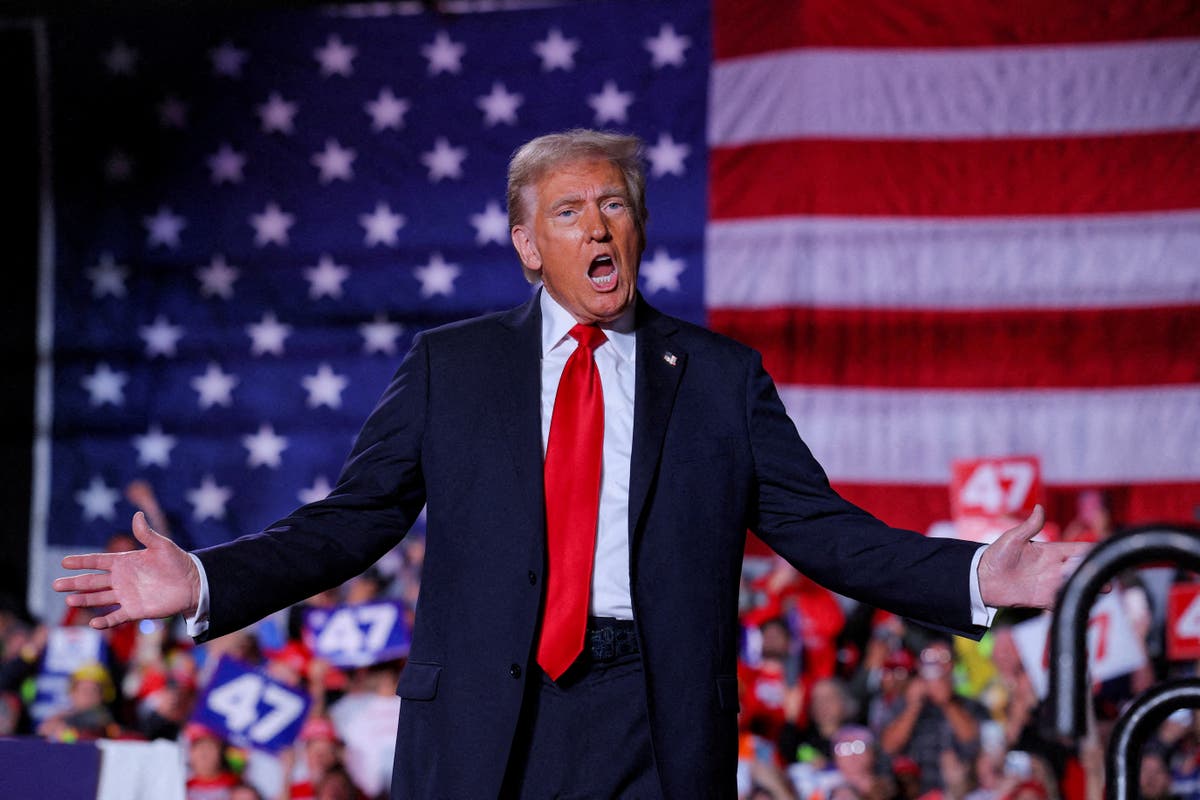Tech war: China advocates use of local AI chips over those from US powerhouse Nvidia

Chinese authorities have informally advised local companies to use domestic-made artificial intelligence (AI) chips over those from Nvidia, according to two sources familiar with the matter, as alternative suppliers on the mainland look to catch up with the US tech giant.
While there is no official ban on Nvidia’s China-tailored H20 graphics processing unit (GPU), the sources said mainland AI chip users have been informed to prioritise deployment of local alternatives, including those developed by Huawei Technologies.
A third source said H20 orders made by mainland enterprises had not been restricted as of August.
Do you have questions about the biggest topics and trends from around the world? Get the answers with SCMP Knowledge, our new platform of curated content with explainers, FAQs, analyses and infographics brought to you by our award-winning team.
Reports about China’s tacit rules against the American chip design firm first emerged in May, when US tech media The Information reported that regulators had asked local companies to cut back purchases of Nvidia chips and buy more from domestic suppliers like Huawei. A Bloomberg report last week said that China has called on local buyers to stay away from Nvidia.
The country’s Ministry of Industry and Information Technology, which oversees the domestic semiconductor and AI sectors, has not made any public announcement regarding that matter. The agency did not reply to a request for comment.
Nvidia did not also respond to a request for comment on the reported China restrictions.

Nvidia chief executive Jensen Huang presents the company’s advanced Blackwell artificial intelligence platform at an event ahead of the Computex trade show in Taipei, Taiwan, on June 2, 2024. Photo: Reuters alt=Nvidia chief executive Jensen Huang presents the company’s advanced Blackwell artificial intelligence platform at an event ahead of the Computex trade show in Taipei, Taiwan, on June 2, 2024. Photo: Reuters>
The lack of any official confirmation about the matter somehow reflects the highly sensitive nature of the world’s AI chip market, which Taiwan Semiconductor Manufacturing Co chief executive Hsu Ming-chi has projected to grow annually at a much higher rate than the overall semiconductor industry.
When asked about his views on US trade restrictions on China, Nvidia chief executive Jensen Huang told American media in Washington on September 28 that the US government is “doing a wonderful job” in finding the right balance between controls and exporting American technology to the world.
“It is really terrific that the world is built on American standards,” Huang said, “Nvidia is an American company and our government and administration would love to see us succeed.”
Nvidia’s H20 remains popular among users in China, despite its reduced capacity to comply with US sanctions. Sales of the tailor-made chip have steadily picked up since its release earlier this year, as demand from large Chinese cloud services providers enabled them to access Nvidia’s technical support and maintenance services.
Nvidia is expected to deliver more than 1 million H20 GPUs in China this year, racking up US$12 billion in sales.


State-owned China Telecom is a major user of domestic-made artificial intelligence chips. Photo: Shutterstock alt=State-owned China Telecom is a major user of domestic-made artificial intelligence chips. Photo: Shutterstock>
Still, adoption of alternative Chinese-made AI chips is growing.
State-owned carrier China Telecom, for example, said in a statement on September 28 that it has developed two large language models – the technology behind generative AI applications like ChatGPT – that were trained entirely on locally produced AI chips. While it did not identify the local supplier, China Telecom has a track record of partnering with Huawei.
A week earlier, Huawei had started offering samples of its Ascend 910C processor to large Chinese server companies for hardware testing and configuration, according to a South China Morning Post report. That put the company a step closer to the commercial roll-out of its upgraded version of the 910B, which is on par with Nvidia’s popular A100 chips.
Nvidia was initially barred from selling its A100 and H100 GPUs – two of the most in-demand chips for training and running AI models – to clients in China in August 2022. It later modified those chips to create the A800 and H800 to get around those restrictions, which Washington barred from being exported to China under tightened curbs announced last October.
Nvidia has since developed the H20, L20 and L2 GPUs to maintain its market share in China. Despite several rounds of US restrictions, Nvidia said China was its third-largest market in its financial year ended January 28.
This article originally appeared in the South China Morning Post (SCMP), the most authoritative voice reporting on China and Asia for more than a century. For more SCMP stories, please explore the SCMP app or visit the SCMP’s Facebook and Twitter pages. Copyright © 2024 South China Morning Post Publishers Ltd. All rights reserved.
Copyright (c) 2024. South China Morning Post Publishers Ltd. All rights reserved.
Related
American Airlines expands new early boarding tech
INDIANAPOLIS (WISH) — Here’s a look at Monday’s business headlines with Jane King, who discusses new American Airlines boarding t
Labelers training AI say they’re overworked, underpaid and exploited by…
The familiar narrative is that artificial intelligence will take away human jobs: machine-learning will let cars, computers and chatbots teach themselves - maki
American Airlines expands boarding tech at over 100 airports to…
American Airlines announced that it is expanding the use of a new technology aimed at reducing the number of passengers who attempt to cut in line when boardin
American Airlines Introduces New Tech To Curb ‘Gate Lice’: How…
American Airlines (Representative Image)Photo : iStockSneaking a little ahead of line to get on that plane faster? American Airlines might stop you.In an appare













